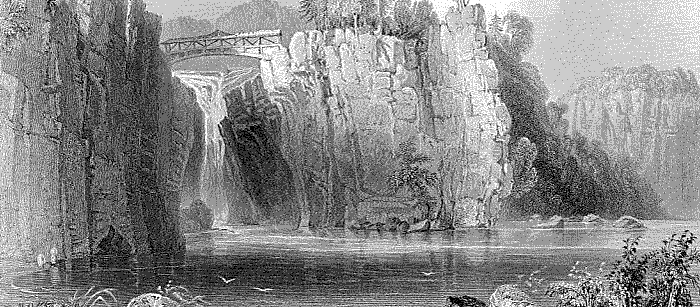against the grain

One doesn’t quite know what to expect from In the American Grain – not if one comes to it expecting anything at all, because it upsets those expectations from the first page. I was expecting something about Emily Dickinson, because the only reason I picked up the book was because it was mentioned in Susan Howe’s My Emily Dickinson which I have (successfully) been trying to put off reading by reading each book mentioned in it as it is mentioned. In a twist that will surprise no one less than myself, William Carlos Williams’ book was not about Emily Dickinson – indeed, in its analysis of the American character it substantially lacked any females (as individuals) at all. Other readers of the book would point out that ‘Cotton Mather’s Wonders of the Invisible World’ and ‘Jacataqua’ are both ‘about’ women – indeed, the former allows the accused (for they are accused – of witchcraft, naturally) some opportunity to speak – yet in both essays the supposed subjects are mere supporting characters to a larger masculine narrative – of hysterical witch hunters, say, or Aaron Burr: this is tiresome. There is, however, much to admire in it – and the more leisured reader may do so on their own time.
America adores violence, yes. It thrills at big fires and explosions. This approaches magnificence! The finest firefighters in the world. We live not by having less fires but more, by the excitement of seeing torturing things done well, with light ease even. But we have violence for service, mark it. Battleships for peace. The force of enterprise for bringing bananas to the breakfast table. Massive mining operations to transport us—whither? Bathrooms, kitchens, hospitals with a maximum of physical convenience and a minimum of waste to spare us—what? We never ask. It is all a bar to more intimate shocks. Everything is for ‘generosity’ and ‘honor’. It has to be for us to get away with it. There fore, we cannot acknowledge, really, downright thievery in our friends. We can’t get to it. Did we do so, we should know many things more disturbing to our peace of mind. (‘Jacataqua’, p. 177f.)
